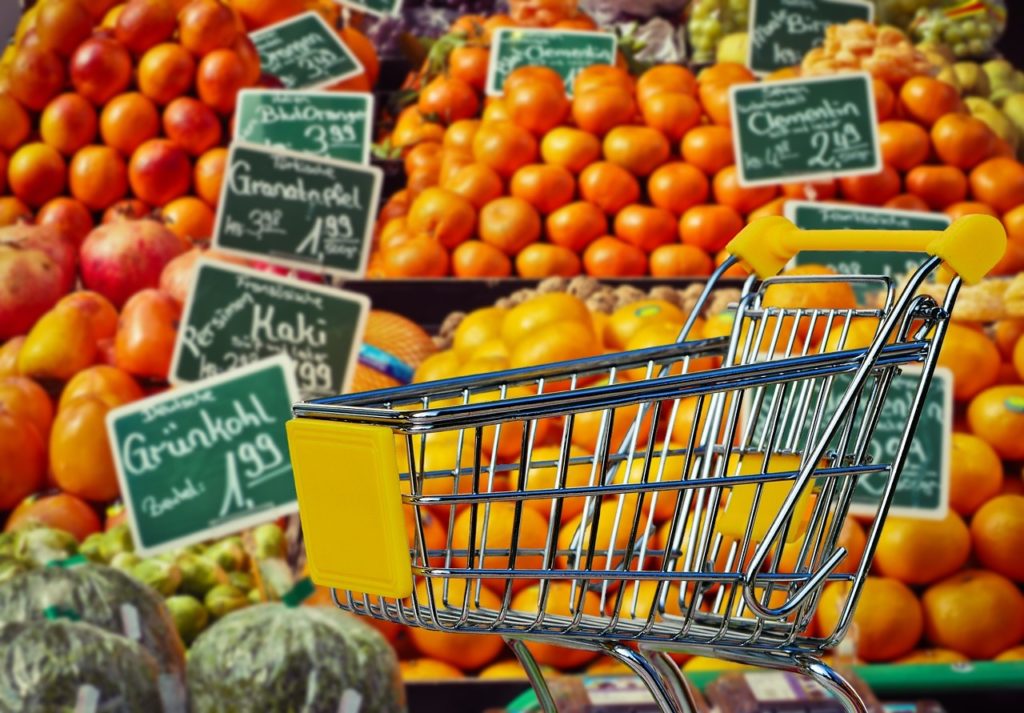
In today’s fast-paced world, the food trading industry is experiencing a technological revolution that promises to reshape the way we buy and sell food. From the convenience of e-commerce platforms to the transparency of blockchain-based supply chains, these innovations are driving significant changes in the food trading landscape. In this comprehensive exploration, we delve into how blockchain and e-commerce are transforming food trading, offering you a closer look at the exciting future of the industry.
Introduction: The Impact of Technology on Food Trading
The world of food trading is undergoing a profound transformation, driven by advancements in technology. Gone are the days of traditional brick-and-mortar transactions. Today, foodies and industry professionals alike are witnessing a remarkable shift toward tech-driven solutions that enhance every aspect of the food trading process.
The Role of Blockchain in Food Trading
Blockchain – a term that has been making waves not just in the financial sector but also in the food trading industry. So, what is it about this technology that is causing such a stir? Let’s dive in.
Blockchain-based supply chains have emerged as a revolutionary solution for food trading. They introduce an unprecedented level of transparency into the journey of food products from farm to table. Each step of the supply chain is recorded on an immutable ledger, accessible to all stakeholders, ensuring trust and accountability.
Imagine knowing the precise origin of the organic tomatoes in your salad or the farm where your ethically-sourced coffee beans were cultivated. Blockchain technology makes this possible, empowering consumers with information about the safety and quality of the food they consume.
E-Commerce’s Impact on Food Trading
The rise of e-commerce platforms has taken convenience to new heights in the food trading industry. No longer are you bound by the constraints of physical stores or market hours. With just a few clicks, you can have fresh produce and other food items delivered to your doorstep, eliminating the need to brave traffic and crowded aisles.
These platforms offer a vast array of options, from locally sourced organic groceries to exotic international delicacies. Whether you’re a culinary enthusiast seeking rare ingredients or a busy professional in need of convenient meal solutions, e-commerce has revolutionized the way you access food.
Key Benefits of Tech-Driven Innovations in Food Trading
- Greater Convenience: The convenience factor cannot be overstated. E-commerce platforms have made shopping for food as simple as tapping your smartphone screen. Say goodbye to long grocery store lines and hello to hassle-free food acquisition.
- Increased Transparency: Transparency is the cornerstone of trust in the food industry. With blockchain technology, you can trace the entire journey of your food, ensuring its authenticity and safety. This level of transparency is a game-changer, particularly for those concerned about food sourcing and quality.
- Improved Efficiency: The traditional process of buying and selling food can be cumbersome, with multiple intermediaries involved. Technology streamlines this process, connecting farmers and producers directly with buyers. This not only reduces waste but also ensures that food reaches those in need more efficiently.
- More Sustainable Practices: Sustainability is a pressing concern, and technology is playing a vital role in addressing it. Machine learning algorithms are being employed to predict food spoilage, allowing for timely delivery to consumers before products go to waste. This not only saves money but also helps reduce the environmental footprint of the food industry.
Conclusion: Embracing the Future of Food Trading
In conclusion, the food trading industry is at the brink of a digital revolution. Blockchain and e-commerce are reshaping the way we engage with food, making the process more convenient, transparent, efficient, and sustainable. Whether you’re a food producer, distributor, or a discerning consumer, these innovations are poised to enrich your experience and provide new opportunities.
As we move forward, it’s essential to keep a keen eye on this transformative trend. The fusion of technology and food trading is a journey that’s set to evolve and expand in the coming years, offering exciting possibilities for all involved in the culinary journey.
